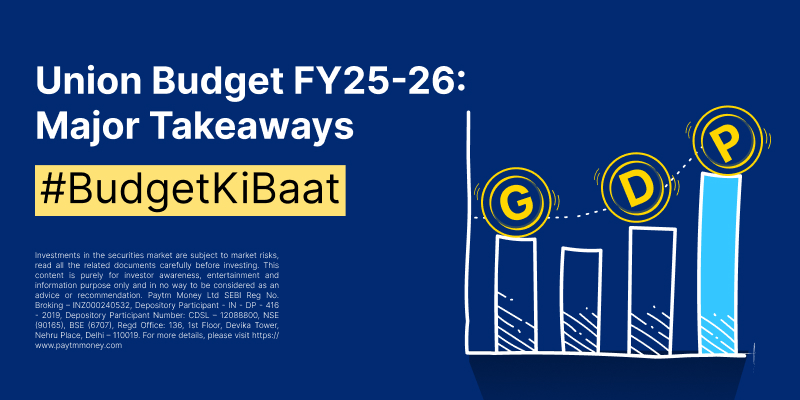Starting April 1, the take-home pay of employees, especially those working in the private sector, is set to go down owing to the new compensation rules.
Last year, the Parliament had passed the Code on Wages 2019, which is all set to become effective from April 1, 2021. It aims to modify and combine several regulations concerning wages, bonuses, and associated benefits.
This Code will include namely 4 labour laws i.e. Minimum Wages Act, Payment of Wages Act, Payment of Bonus Act, and Equal Remuneration Act. Once this Code comes into force, all the other four Acts would cease to exist.
According to the new Code, the allowances of employees cannot go beyond 50% of the total salary. This implies that the basic salary needs to be at least 50% or more of the total pay package from the month of April in order to comply with the revised norms. In the case of government jobs, the total salary includes basic pay and dearness allowance.
Now You May Wonder What’s The Logic Here?
As a customary practice, private companies tend to keep the allowance part of the employee CTC higher than the non-allowance (or basic pay) portion. The latter might be even lesser than 50% of the total compensation thereby allowances making a bigger chunk of the total pay package.
Now, with this rule in the picture, the companies would have to revise the overall pay structure and increase the basic pay so that the allowance becomes equivalent to 50% of the total salary or in other terms does not go beyond 50% of the total salary.
Still…Why Would Take-Home Pay Go Down?
Fundamentally, your social security benefits like gratuity and contributions to the Provident Fund (PF) are linked to your basic pay. So when your employer would enhance your basic pay then automatically your gratuity payments and PF contributions would rise proportionately.
As a result, your in-hand salary after deducting these contributions would become relatively lesser than what it was earlier.
The Good News!
This regulation will have a positive impact on your retirement corpus. It will direct greater contributions to your retirement fund and eventually, the corpus will rise faster and get bigger as compared to the previous years.
Thus, as a salaried person, you are going to benefit in the long run and may set for a comfortable retirement.
The Other Side Of It!
The regulation holds multifold cost implications for the companies.
Apart from restructuring the salary packages, the companies would have to increase their workforce-related cost in order to meet the basic pay increase.
Additionally, the firms need to incur the one-time expense of auditing the existing employee pay structure and then repositioning it as per the new mechanism. This will also hike its overall compliance costs.
Kamal Karanth- Xephno co-founder reportedly said “Gratuity payout hike will increase the cost impact for employers when it comes to CXOs. And CXOs will see an increase in their net income from gratuity by almost 1-1.5 times, thanks to this new wage code.”






